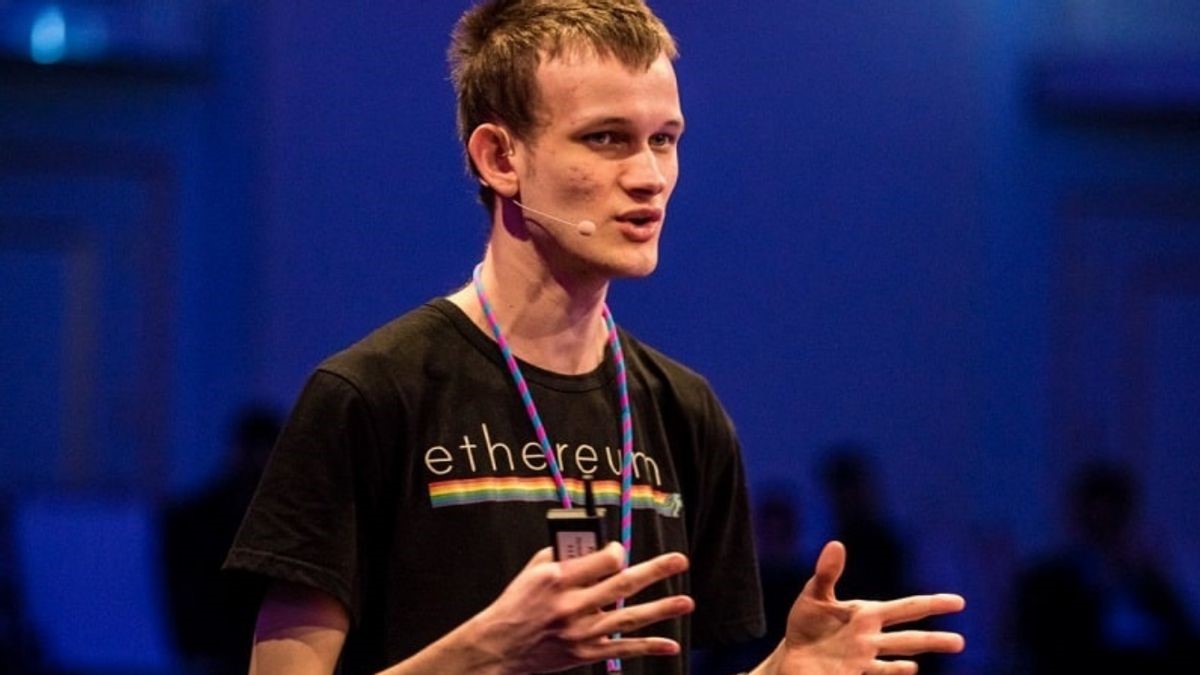Co-founder of Ethereum (ETH), Vitalik Buterin, has contributed to a study that examines the creation of Privacy Pools, a privacy protocol.
According to its abstract, the research seeks to solve issues with current privacy systems like Tornado Cash while arguing for the cohabitation of financial privacy and regulation.
Along with Buterin, the article also included contributions from academics Matthias Nadler and Fabian Schar, core developer Ameen Soleimani, and Chainalysis researcher Jacob Illum.
With the help of zero-knowledge proofs, Privacy Pools, a “smart contract-based privacy-enhancing protocol,” determines the authenticity of user funds without disclosing the full transaction history.
The fundamental goal is to create a “separating equilibrium” that separates monies linked to illegal activity while achieving an equilibrium between privacy and regulatory needs.

Privacy Pools to Boost Privacy and Block Illegal Transactions
Users can publish zero-knowledge proofs that show where their money came from using the suggested method without revealing the whole transaction graph.
This presents a possible means of confirming the legitimacy of money while retaining transactional anonymity.
The writers recognized the value of services like Tornado Cash as privacy instruments. However, they also emphasized how these platforms could be abused by criminals.
When Tornado Cash was accused of facilitating transactions for the Lazarus hacker gang, which has ties to North Korea, it fell into legal issues last year.
Buterin and his collaborators hope to overcome the issues brought up by Tornado Cash’s legal issues and promote a privacy protocol that is compliant with regulatory standards by investigating the construction of Privacy Pools.
Buterin recently recognized that node centralization is one of the biggest worries for the Ethereum network given that the majority of the 5,901 functioning Ethereum full nodes are run on centralized platforms like Amazon Web Services (AWS).
The creator of Ethereum expressed his desire for fully confirmed Ethereum nodes to one day “literally” run on smartphones.
A “big piece of the puzzle” to making Ethereum more decentralized, according to him, is resolving the problem of full node centralization.



